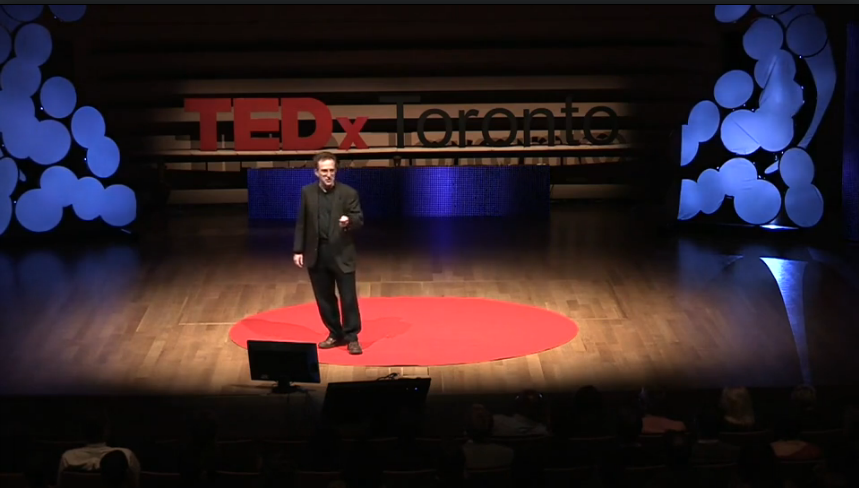So I signed the discharge papers, and an ambulance came, paramedics came to take her home.
我在出院單上簽了名, 一輛救護車來后急救人員將她送回了家。
And I went back to my work on the wards.
之后我回到了我在診所的工作。
All the rest of that day, that afternoon, I had this kind of gnawing feeling inside my stomach.
在接下來的一天中, 那天下午, 我的腸胃有著一種翻滾的感覺。
But I carried on with my work.
但我還是照常的繼續工作。
And at the end of the day, I packed up to leave the hospital and walked to the parking lot to take my car and drive home when I did something that I don't usually do.
在工作結束后,我整理了下便離開了醫院。 在我走向停車場去取我的車的路程中,做了一件我平常不會做的事情。
I walked through the emergency department on my way home.
我從急診室借了道。
And it was there that another nurse, not the nurse who was looking after Mrs. Drucker before,
而就在那里,另外一位護士,不是之前照顧Drucker女士的那位,
but another nurse, said three words to me that are the three words that most emergency physicians I know dread.
對我說了 絕大部分急診醫生都害怕聽到的三個字。
Others in medicine dread them as well, but there's something particular about emergency medicine because we see patients so fleetingly.
其他科系的醫生也害怕這三個字, 但因為急診醫生看的病人都來去匆匆, 這三個字對我們有著特別的意義。
The three words are: Do you remember?
這三個字是: 記得嗎?

"Do you remember that patient you sent home?"
“記得嗎?你送回家的那個患者?”
The other nurse asked matter-of-factly.
那位護士就事論事的問道。
"Well she's back," in just that tone of voice.
“她又回來了。” 她就用了這樣平常的語調。
Well she was back all right.
她的確回來了。
She was back and near death.
回來時已經瀕臨死亡。
About an hour after she had arrived home, after I'd sent her home, she collapsed and her family called 911 and the paramedics brought her back to the emergency department
在我讓她回家后大約一個小時后, 她昏倒在了地上,她的家人打了911, 急救人員將她重新帶回了急診室。
where she had a blood pressure of 50, which is in severe shock.
此時的她已嚴重休克, 血壓只有 50。
And she was barely breathing and she was blue.
她的呼吸極其微弱,面色發青。
And the emerg. staff pulled out all the stops.
急救人員們使出了渾身解數。
They gave her medications to raise her blood pressure.
他們給了她提升血壓的藥物。
They put her on a ventilator.
并將她連接上了人工呼吸器。











